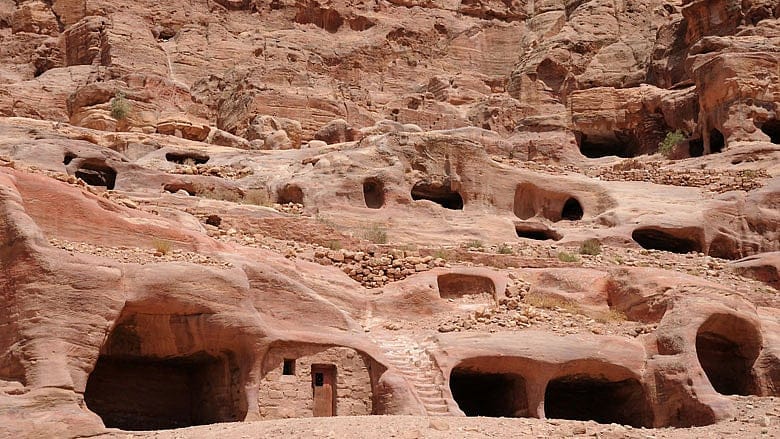God in the cave

Excerpts from G.K. Chesterton's "God in the cave" from "Everlasting Man"
This sketch of the human story began in a cave; the cave which popular science associates with the cave-man and in which practical discovery has really found archaic drawings of animals. The second half of human history, which was like a new creation of the world, also begins in a cave. There is even a shadow of such a fancy in the fact that animals were again present; for it was a cave used as a stable by the mountaineers of the uplands about Bethlehem; who still drive their cattle into such holes and caverns at night. It was here that a homeless couple had crept underground with the cattle when the doors of the crowded caravanserai had been shut in their faces; and it was here beneath the very feet of the passersby, in a cellar under the very floor of the world, that Jesus Christ was born. But in that second creation there was indeed something symbolical in the roots of the primeval rock or the horns of the prehistoric herd. God also was a Caveman, and, had also traced strange shapes of creatures, curiously colored upon the wall of the world; but the pictures that he made had come to life.

